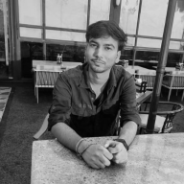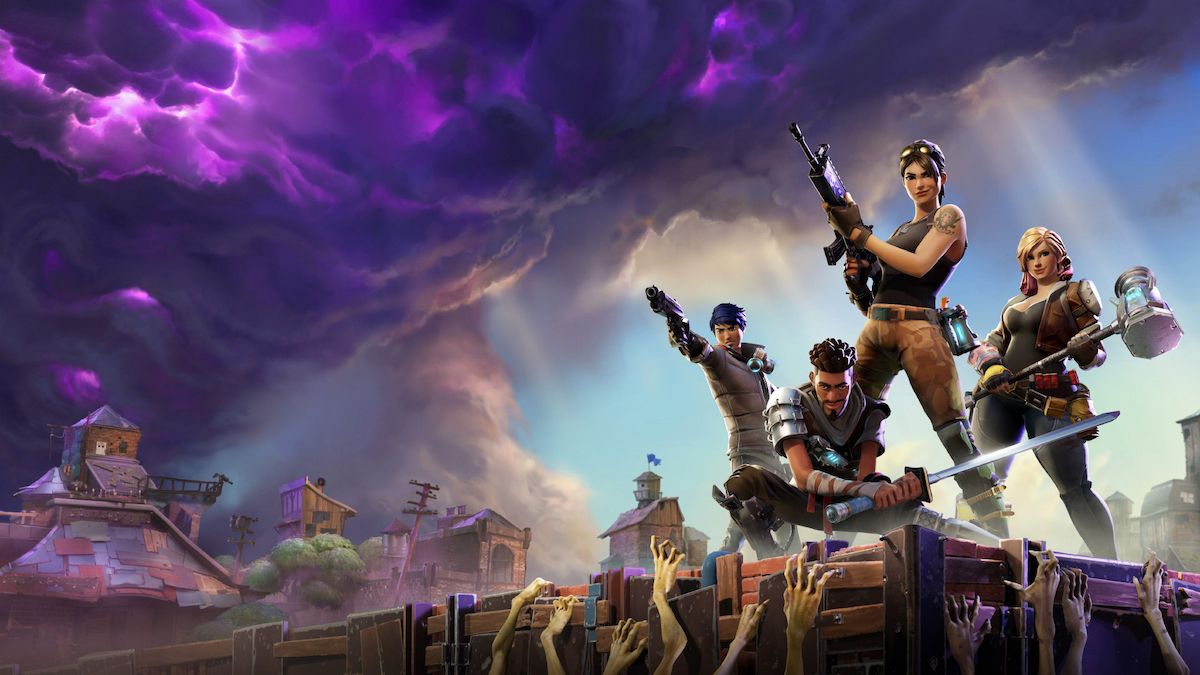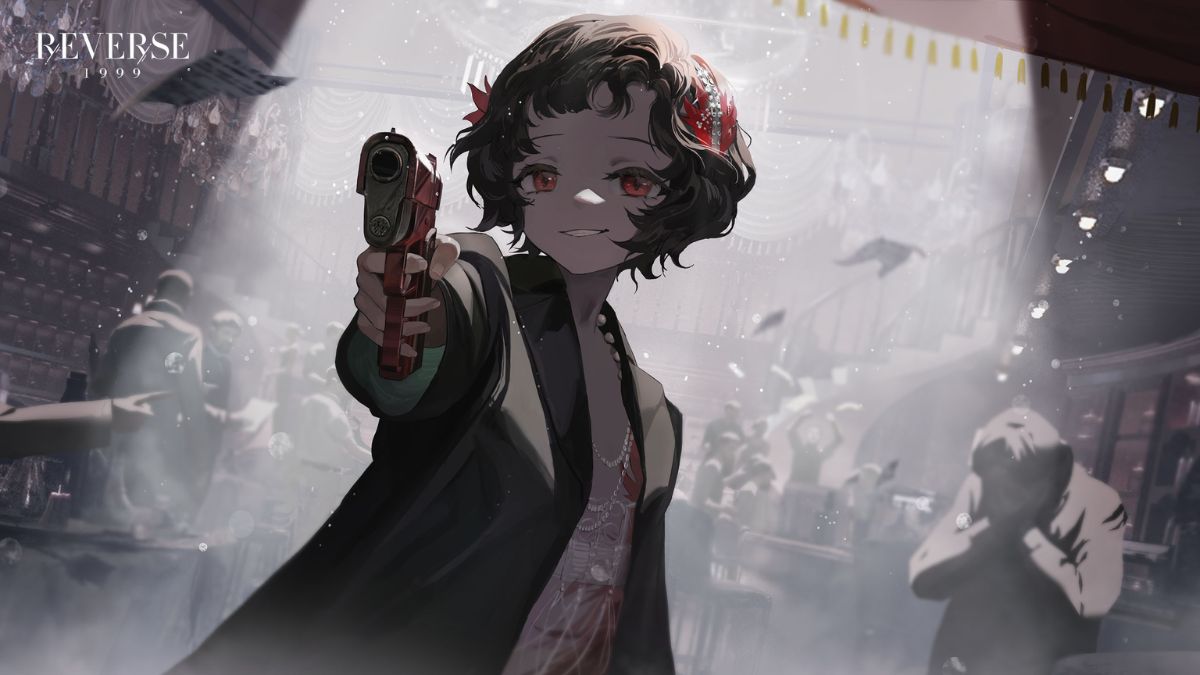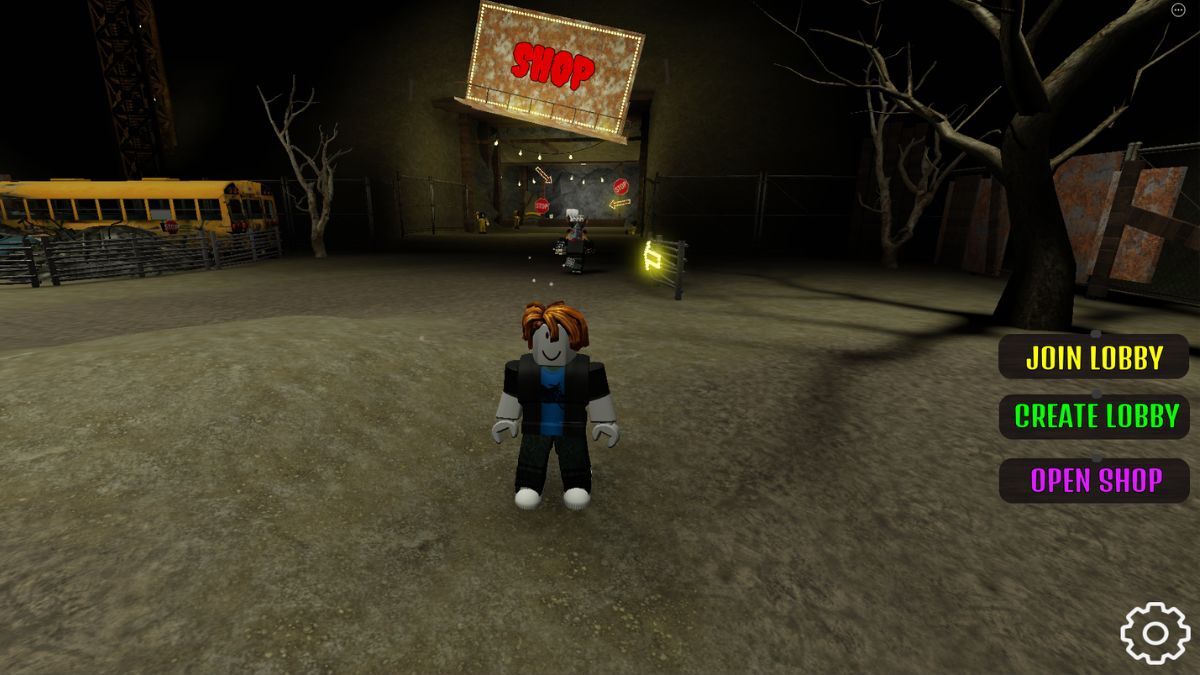-
Games
Expand Games
-
Genres
Expand Genres
-
Platforms
Expand Platforms

Karan Yadav
222
Articles Published
200Guides
21Codes
1News
About The Author
Karan is a freelance writer who devotes his time playing games and covering informative guides across various publications, including Destructoid! His favorite games include Genshin Impact, The Legend of Zelda, and GTA V.All Posts
Category:
Karan Yadav
Karan Yadav
Feb 6, 2025
Category:
Get the best settings for optimal performance.
Karan Yadav
and others
Karan Yadav and others
Jan 21, 2025
Category:
Strike your enemies down with lightning with these handy weather cheats!
Karan Yadav
and others
Karan Yadav and others
Nov 25, 2024









